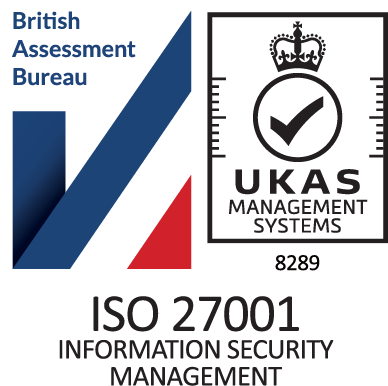Course Overview
The Accident and Incident Investigations Course is aimed at giving new investigators the underpinning knowledge required to carry out investigations of accidents and incidents. Learners will develop an understanding of how and why adverse events occur, learn how to gather and secure relevant evidence effectively and ethically, and gain the skills to produce precise, accurate, and objective investigation reports.
It is beneficial for those new to the role, as well as experienced individuals seeking a knowledge refresh.
Course Delivery
The course can be delivered over two or three days (depending on the nature of the role of the participants). The training can be based in a classroom or remotely. It consists of a mixture of formal learning and practical exercises, and includes the following:
- Account on AssessBook (AssessTech’s online Learning Management System in which candidates submit evidence and other work for their qualifications)
- Mentorship through investigations, completion of written questions, and assessment
- Certificate upon completion
- ACMS Incident module training (optional)
Core Training Content
- Examining the terminology related to adverse event investigation
- Understanding how events occur
- Gathering and securing evidence
- Establishing immediate and underlying causes
- The Investigative process
- Interview process, skills and techniques
- Plotting timelines and acci’maps
- Report writing
- Investigation self-verification
- Recommendations and actions
- Reference to both industry and company standards






